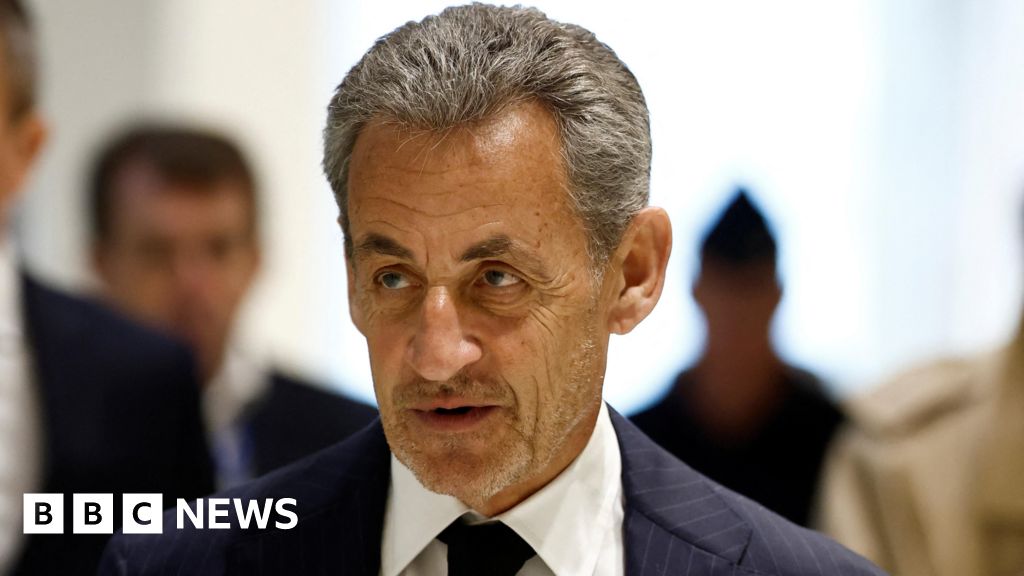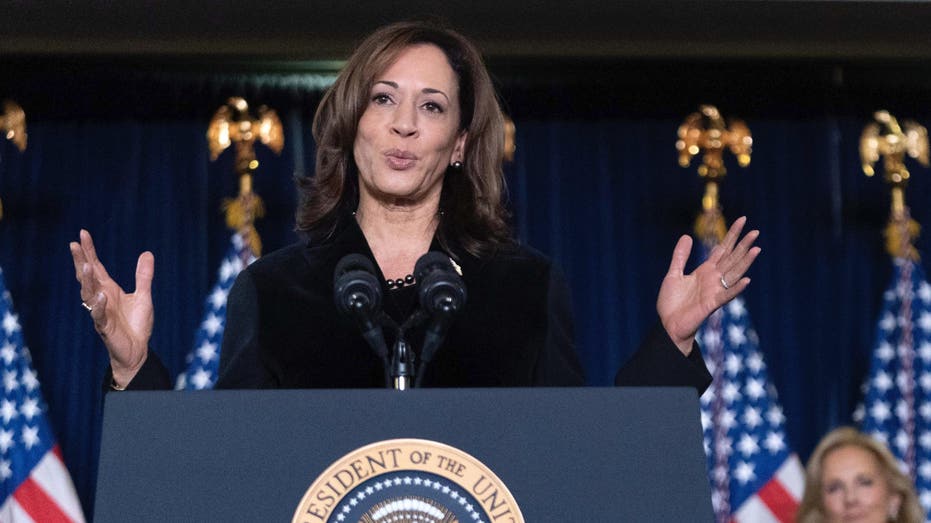
A Boeing 737 MAX 9 for Alaska Airlines has resumed service, three weeks after an emergency landing led to inspections of the aircraft.

A Boeing 737 MAX 9 for Alaska Airlines is back in service. This comes after an incident with a door panel on a different Alaska Airlines flight.
It’s been three weeks since Alaska Airlines Flight 1282 had a rapid return due to a missing door plug panel. Now, the first Boeing 737 Max 9 flights are departing from the same airport, and Alaska Airlines customers are taking notice. “I never paid any attention until this happened as to what I was flying in,” said Corrie Savio.

Her travel companion, James Vanarsdel, expressed reluctance to fly on a Max 9 due to the recent incident. “Until I am confident that the problem has been fixed,” he said. “And I still don’t think it has.” This incident has raised concerns about Boeing’s quality control, renewing questions about the company’s ability to maintain its market share for commercial planes.

According to industry analysts, Boeing faces significant challenges. Richard Aboulafia, the managing director of AeroDynamic Advisory, stated that it’s not just one incident but a series of incidents, signaling larger problems for the company.

Aboulafia believes that Boeing hasn’t learned from the past crashes and is focused on cost-cutting and production speed at the expense of safety and quality control. Boeing CEO Dave Calhoun addressed concerns on Capitol Hill, expressing confidence in the safety of their airplanes. However, the company’s recent “quality stand down” at its 737 factory in Renton, Wash. aims to demonstrate a commitment to improving quality.
YouTube
Alaska Airlines CEO Ben Minicucci expressed the airline’s intention to hold Boeing accountable for producing high-quality airplanes. Regulators at the Federal Aviation Administration have imposed production caps on Boeing’s 737 models, signaling a setback for the company.

The FAA’s move to slow down production could hurt Boeing’s bottom line. Moreover, opposition to federal safety rule exemptions for delivering the Max 7 is growing following the recent incident. Boeing’s market share is also under threat from Airbus, and the company’s lack of investment in new product development is further jeopardizing its competitive position.
Ultimately, despite Boeing’s challenges, most airlines may have no choice but to stick with the company due to the massive backlog for new orders. NPR’s Joel Rose reported from Washington, D.C., and Tom Goldman contributed from Portland, Ore.












